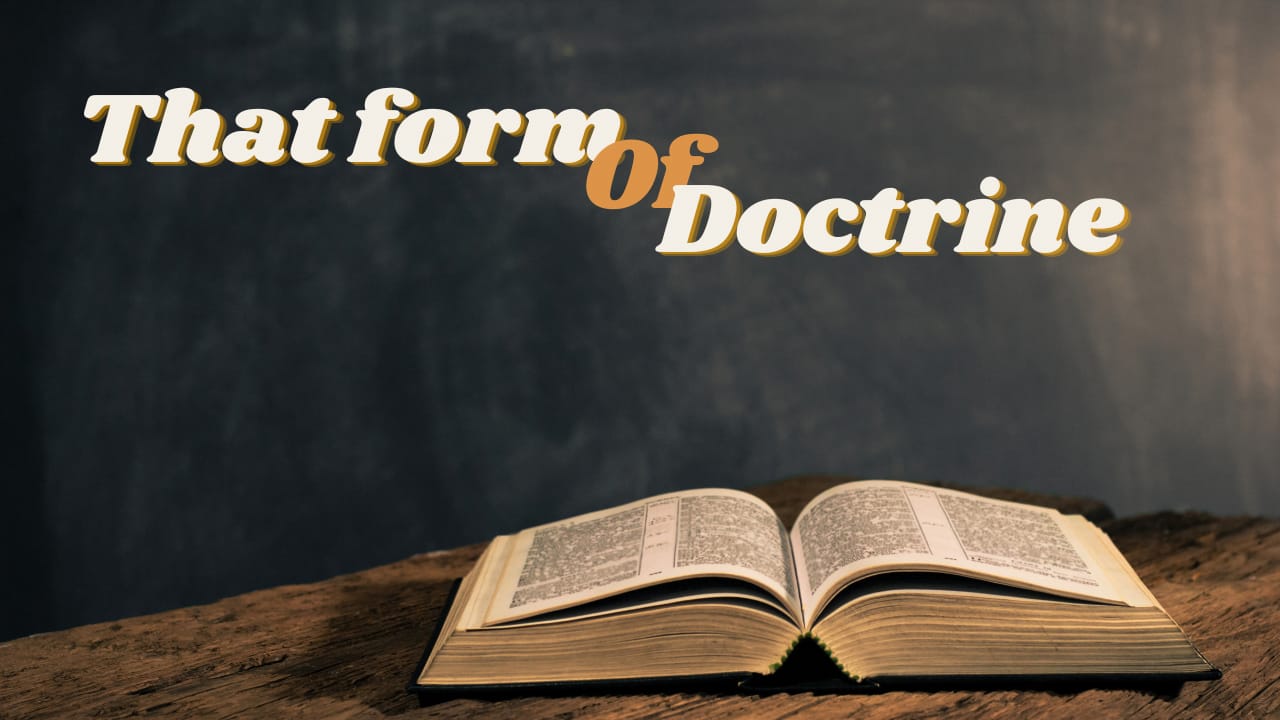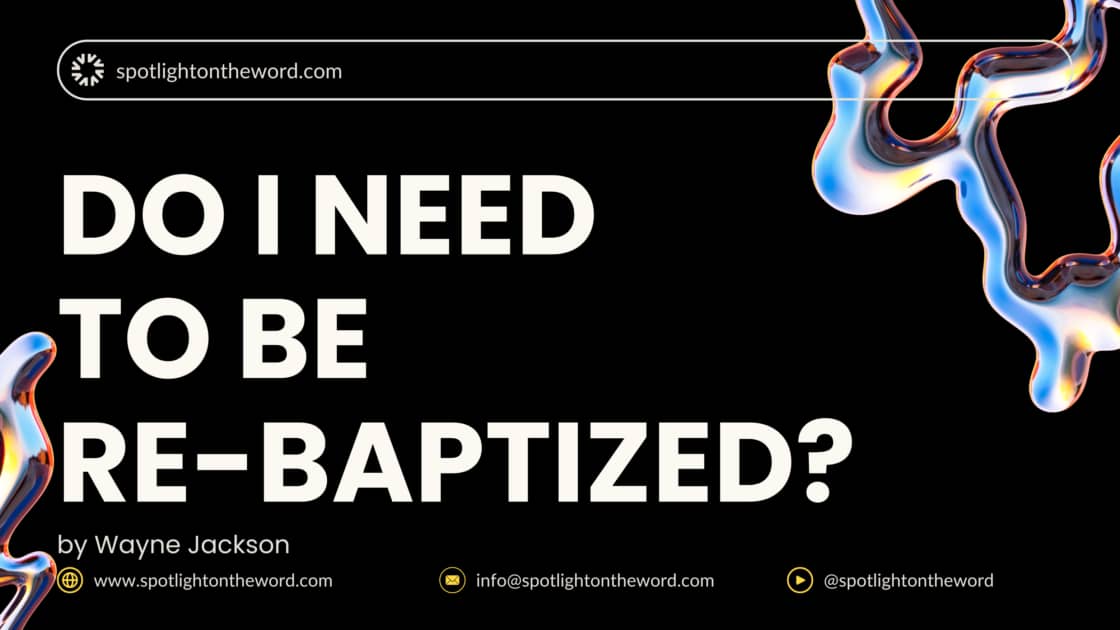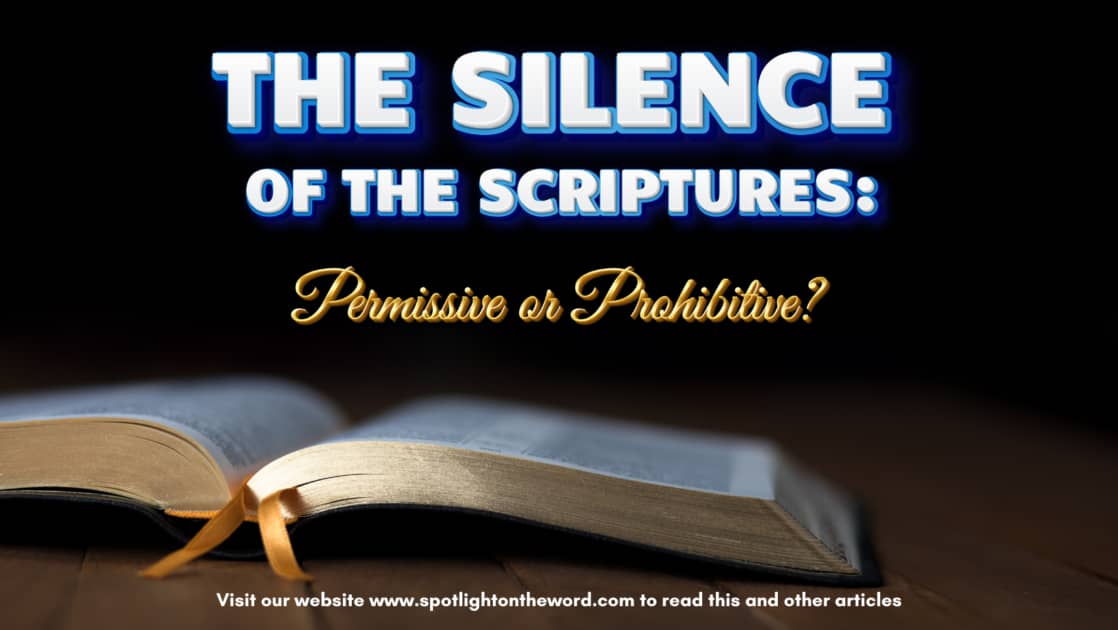A Discussion at Length on Lent: A Tradition Beyond Scripture
By: Michael Annan Kasukose
Origin
The word “Lent” finds its origins in the Anglo-Saxon term for spring and later came to be associated with the Latin “quadragesima,” meaning “forty days”. This observance entails a forty-day fasting period or a time of abstaining from something significant during those weeks. The commencement of Lent is marked by the popular Ash Wednesday Mass service and concludes with Easter. Rod Rutherford categorizes Lent as one of the Catholic ideas influencing non-Catholics, alongside Christmas, Easter, and the veneration of “Saints” as exclusively good individuals.
Despite the absence of apostolic command, example, or clear biblical inference regarding the observance of Lent, post-apostolic Christians engaged in debates regarding the duration and practices of fasting preceding Easter, suggesting a lack of established apostolic tradition in this regard. The term “tessarakoste” (Greek for “fortieth”) emerged in the early 4th century, possibly indicating a festival rather than a specific fasting period. Nonetheless, evidence from the 4th century suggests the existence of a 40-day fasting period before Easter, influenced by figures such as Moses, who spent forty days and nights with the Lord on the mountain (Exodus 34:28-35), and Elijah, who journeyed for forty days and nights with the strength of the food given to him until he reached Mount Horeb (1 Kings 19:8). The contemporary understanding of Lent is often associated with Jesus Christ’s forty days in the wilderness (Matthew 4:1-2, Luke 4:1-2).
Duration
Unlike the Passover, the Feast of Unleavened Bread (Leviticus 23:4-14), the Feast of Weeks or Pentecost (Leviticus 23:15-22), and the other Jewish festivals where God specified the purpose, day, month, year, and mode of observance, the number of fasting days for Lent varied greatly. Some fasted for only one day, while others observed fasting for several days or even for 40 hours. In the East, it was common to observe six weeks of fasting followed by a stricter fast during Holy Week. In the West, the duration evolved to six weeks with varying fasting days per week. Eventually, the practice of commencing Lent on Ash Wednesday to achieve a total of 40 fasting days became widespread.
However, in the book of Leviticus, as cited above, where specific instructions were given for special worship services, these questions were addressed:
- How could a Holy God be approached?
- What would be required of His worshipers?
- Are there special times for worship?
- Are there special seasons for worship?
- If there are to be sacrifices, what should they consist of?
Therefore, it was not left to the worshipers to decide as they wished. Yet, what we predominantly read about Lent today revolves around established practices that are not explicit directives from God. There is no “thus says the Lord,” no apostolic allusion or example, and certainly no biblical inference regarding Lent.
Nature of the Fast
The nature of the fast also differed significantly. Some individuals abstained from consuming all living creatures, while others limited their diet to fish, and some even included birds due to their connection to creation stories. Additionally, various levels of rigor were observed, with some individuals practicing extreme austerity, subsisting on minimal food or even water during specific periods. The general rule involved partaking in one daily meal in the evening, which typically excluded meat and, later on, wine. It is noted that Lent is considered a time of baptism and penance, during which grievous sinners, who were excluded from receiving Holy Communion, prepared for their restoration.
Latter Relaxations
Over time, the Lenten fast has undergone a relaxation in its strictness. The traditional hour of breaking the fast shifted gradually from evening to midday. The concept of “collation” emerged, allowing for a small evening meal following the main meal. In recent centuries, indulgences have been granted, permitting meat consumption on Sundays and certain weekdays. Currently, the only prohibition that remains during Lent is the combination of fish and meat in one meal.
However, can one celebrate Lent as days of worship to God? And what would be wrong if people fasted during these days? To answer these questions, we must understand the origin and rationale behind the practice’s introduction.
It is often stated that Easter week is one of the most significant periods in the Catholic calendar, and therefore, to properly observe the week, one must prepare. This preparation takes the form of the Lenten fast and the practice of abstinence. While this may sound appealing, it’s essential to recognize that the Easter festival itself is not authorized by the Bible. So, how can one justify preparing for an activity that lacks approval from Scripture?
Am I condemning fasting and abstinence? No. Rather, I am drawing the reader’s attention to the creation of Lent and its man-made regulations. Engaging in such worship constitutes will worship and merely satisfies human righteousness (Colossians 2:23).
A Good Case in Point for Unauthorized Human Traditions
The Catholic Church, as the creator of such an ordinance, has long held the view that there is a body of inspired truth spoken by Christ and endorsed by the apostles, which was never committed to writing. They contend that these truths, handed down through the ages by word of mouth from the first century, are of equal authority with the written word in our New Testament. Emphasizing that traditions, decrees of the pope, and decisions of church councils hold equal authority with the Bible, they liken the relationship to “two sacred rivers flowing from paradise,” asserting that tradition is clearer and safer to follow.
With such presuppositions, it becomes difficult to find fault with a practice like Lent, which was neither commanded by the Lord nor practiced by the apostles. Lent, therefore, appears as a human invention aimed at fulfilling self-righteousness. If Lent is indeed an act of worship to God, some questions must be asked:
– Did Jesus command it?
– Did the Holy Spirit reveal anything about Lent in the Scriptures?
– Did the apostles command or practice Lent?
– Did the 1st Century church observe Lent?
If the answer to all these questions is no, then Lent is unauthorized and not true worship. God, as the object of worship, prescribes what is to be done in worship, which must be in spirit and in truth (John 4:24). Just as God reminded Judah that mere affliction of the soul, without the correct attitude of heart and bowing down like a bulrush, does not constitute a true fast or worship (Isaiah 58:3-12), Lent is not authorized or true worship.
Moreover, nowhere has God commanded Christians to fast for a specific forty days in recognition of Jesus’ fasting in the Wilderness. The entire structure of Catholicism, including its pillars of the seven sacraments (Baptism, including infants, penance, confirmation, Holy Eucharist, Extreme Unction, Holy Orders, and Matrimony), along with practices such as Mariolatry, Hagiolatry, Laymen versus Clergy, transubstantiation, purgatory, etc., lack biblical authority. To believe and practice these is to obey the commandments of men and uphold human traditions.
Consider these verses in the light of this discussion:
Galatians 4:10. “You observe days and months and seasons and years. I am afraid for you, lest I have laboured for you in vain.”
Colossians 2:20-23. “Therefore, if you died with Christ from the basic principles of the world, why, as though living in the world, do you subject yourselves to regulations— “Do not touch, do not taste, do not handle,” which all concern things which perish with the using—according to the commandments and doctrines of men? These things indeed have an appearance of wisdom in self-imposed religion, false humility, and neglect of the body, but are of no value against the indulgence of the flesh.”
Matthew 15:8-9. “These people draw near to Me with their mouth, and honour Me with their lips, But their heart is far from Me. And in vain they worship Me, Teaching as doctrines the commandments of men.”
1 Timothy 4:1-5. “Now the Spirit expressly says that in latter times some will depart from the faith, giving heed to deceiving spirits and doctrines of demons, speaking lies in hypocrisy, having their own conscience seared with a hot iron, forbidding to marry, and commanding to abstain from foods which God created to be received with thanksgiving by those who believe and know the truth. For every creature of God is good, and nothing is to be refused if it is received with thanksgiving; for it is sanctified by the word of God and prayer.”
Conclusion
In conclusion, the observance of Lent, with its origins in human tradition rather than divine command, raises questions about its validity as true worship. While Lent may hold significance within certain religious traditions, its absence of explicit biblical endorsement calls into question its legitimacy as an act of devotion to God. As highlighted in various passages from Scripture, including Galatians 4:10, Colossians 2:20, Matthew 15:8-9, and 1 Timothy 4:1-5, adherence to man-made doctrines and traditions risks deviating from the essence of true worship, which must be in spirit and truth. At length, the practice of Lent, along with other human traditions, underscores the importance of discerning between the commandments of God and the doctrines of men in matters of faith and worship. Lent is a good case in point for unauthorized human traditions
Bibliography
“Celebrating Lent.” Church of Christ Articles. Accessed March 17, 2024. https://churchofchristarticles.com/celebrating-lent/.
“Lent.” Encyclopaedia Britannica. Last updated March 1, 2024. Accessed March 17, 2024. https://www.britannica.com/topic/Lent.
“Reconciliation.” Encyclopaedia Britannica. Accessed March 17, 2024. https://www.britannica.com/topic/reconciliation-religion.
Faa di Bruno, Joseph. Catholic Belief: or, A Short and Simple Exposition of Catholic Doctrine. London: [Publisher], 1878. Accessed March 17, 2024. archive.org/details/CatholicBeliefOrA.
Horner, C.M. “Leviticus, Numbers, and Deuteronomy.” WVBS Online Bible School. Accessed March 17, 2024. https://school.wvbs.org/courses/leviticus-numbers-deuteronomy/.
Horner, Chuck. “Isaiah.” WVBS Online Bible School. Accessed March 17, 2024. https://school.wvbs.org/courses/isaiah/.
McNutt, J.A. “Tradition of Men not Accepted.” In Introducing the Church of Christ, edited by Alvin Jennings, 237-241. Fort Worth, TX: Star Bible Publications, 1981.
Rutherford, Rod. A Study of Denominational Doctrines and their Refutation by the Scriptures. 2004.
Thurston, Herbert. “Lent.” In The Catholic Encyclopedia. Vol. 9. New York: Robert Appleton Company, 1910. https://www.newadvent.org/cathen/09152a.htm.






